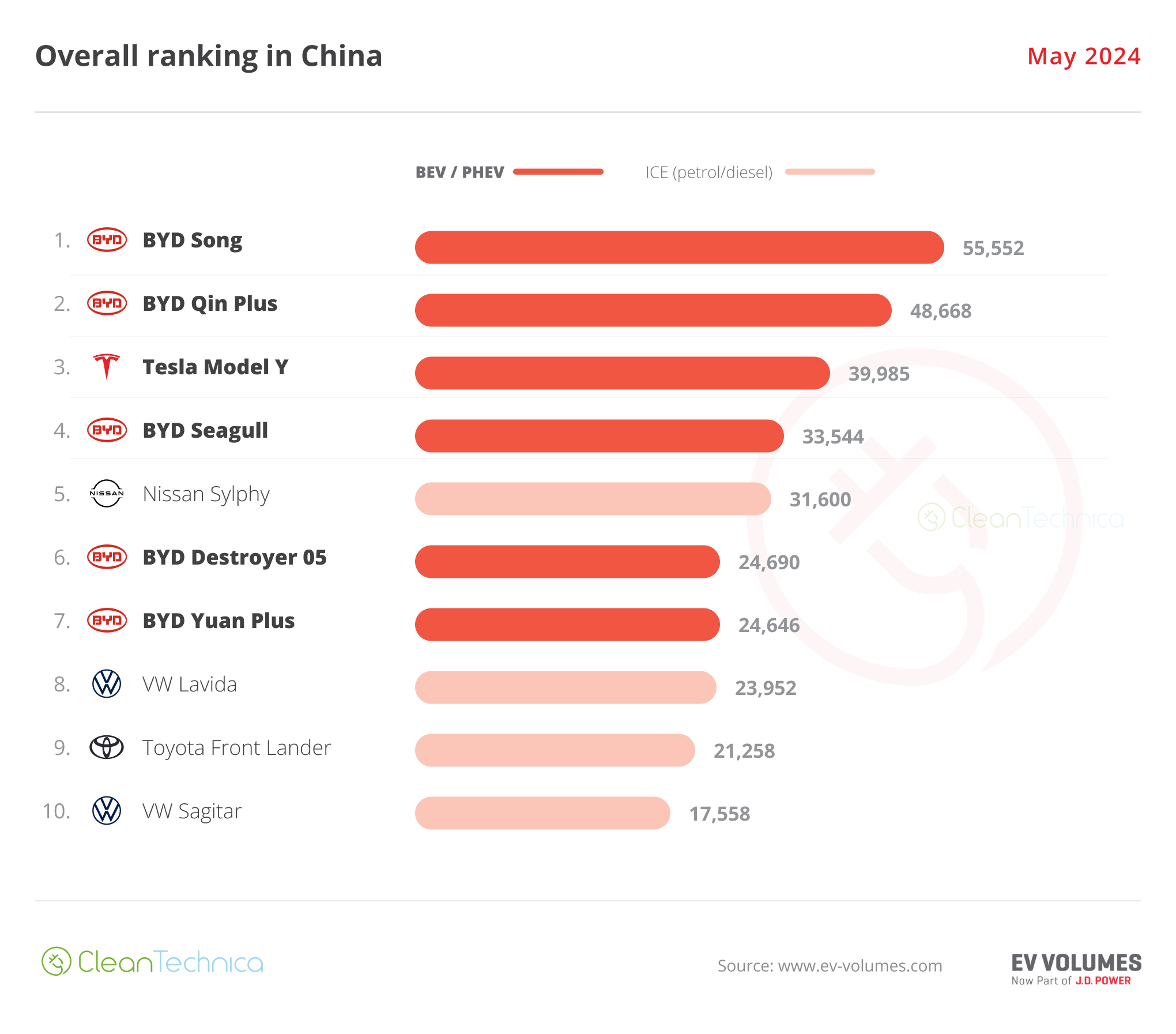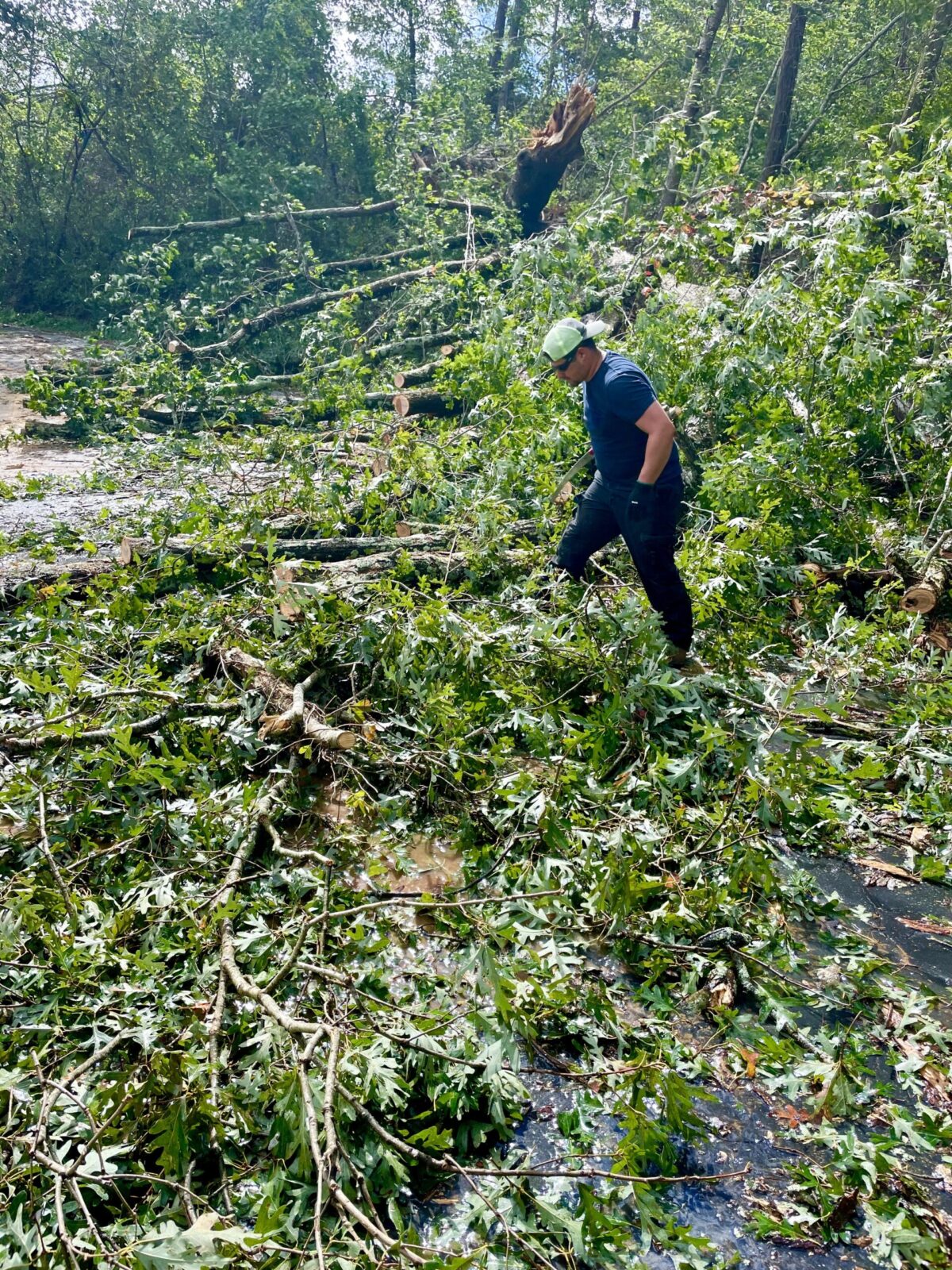Bawa is the new chair of the Ottawa-based Young Energy Professionals Network
By Will Gibson
Follow CEC on LinkedIn CEC LinkedIn
Follow CEC on Facebook CEC Facebook
Follow CEC on Twitter CEC Twitter

Harshivam Bawa is chair of the Ottawa-based Young Energy Professionals Network. Photo supplied to the Canadian Energy Centre
Harshivam Bawa learned about the importance of reliable, affordable energy at an early age while growing up in Punjab, a province in northern India where the temperatures in the summer months average in the mid-30s Celsius and can reach as high as 48C.
“We lived in an urban area that would regularly have unscheduled power cuts for 12 hours, 24 hours and sometimes even longer, due to the lack of reliability in the electric grid,” says Bawa, who moved to Canada in 2018.
“If your house didn’t have a diesel generator to keep the air conditioner running, you struggled to keep yourself cool during these brownouts and blackouts because it was very hot and extremely humid. You suffered.”
That sweltering experience shaped Bawa, who was recently appointed chair of the Ottawa-based Young Energy Professionals Network, a group of under-35s across the country who want to secure Canada’s future as a responsible energy developer.
“Many people in Canada don’t know what it feels like to not have energy. Having lived through that, it’s very important for me to talk about how the energy Canada produces can make people’s lives better here and in the rest of the world,” Bawa says.
The 28-year-old also works as the public affairs manager for Energy for a Secure Future, an Ottawa-based coalition of Canadian business and community leaders coming together for a new conversation about energy.
“It’s important for young professionals working in this sector to have a voice at the table because we understand how the energy we use on a daily basis is produced, where it comes from and the infrastructure behind it,” he says.
“It’s particularly important to be heard in Ottawa, where many major policy decisions are made.”
Bawa’s own energy journey started when the former journalist joined the Canadian Gas Association as a communication analyst.
“It was a fantastic opportunity to learn about how natural gas plays a big role in our daily lives, from heating our homes and workplaces to helping produce electricity,” Bawa says.
“You also saw the potential for Canadian natural gas to reduce emissions and provide energy security both here and in the rest of the world.”
Bawa has broadened his knowledge of other forms of energy, and he’s convinced Canada will need all types — from Alberta’s crude oil and natural gas to Quebec’s hydroelectricity to Ontario’s nuclear to renewables like wind and solar — to ensure people have the energy they need to live healthy, safe and productive lives.
The Young Energy Professionals Network has more than 200 members and “it’s a platform to exchange ideas and learn from each other, which our members really value,” says Bawa.
“We recognize value in all energy sources in Canada. All of them are important and necessary to achieve our goals, whether it’s creating the environment for investment and job creation in Canada or achieving our climate targets.”
And climate change is a huge part of the discussion, particularly for young people.
“Climate change is a big part of the conversation with friends and family, especially those who aren’t working in the energy sector,” Bawa says.
“In most cases, I find when people talk about the opinions of young people on energy, the voice of young professionals in our sector doesn’t seem well represented. It’s important for us to speak and have conversations about the ways the industries we represent are working to reduce emissions, develop technologies and other solutions.”
Key to Bawa’s conversations is the social good generated by energy development, from jobs, royalties and taxes to benefits for disadvantaged communities and regions in the country.
“Canadian energy is produced responsibly and benefits society, including historically disadvantaged groups,” he says.
“We’ve seen increased involvement of different First Nations and Indigenous communities in energy projects. These provide jobs and revenues that wouldn’t be otherwise available and can be used by communities as they see fit for education, housing, drinking water, health care and more. It’s important that’s recognized, both in conversations about energy as well as policy decisions.”
The unaltered reproduction of this content is free of charge with attribution to Canadian Energy Centre Ltd.
Share This:




